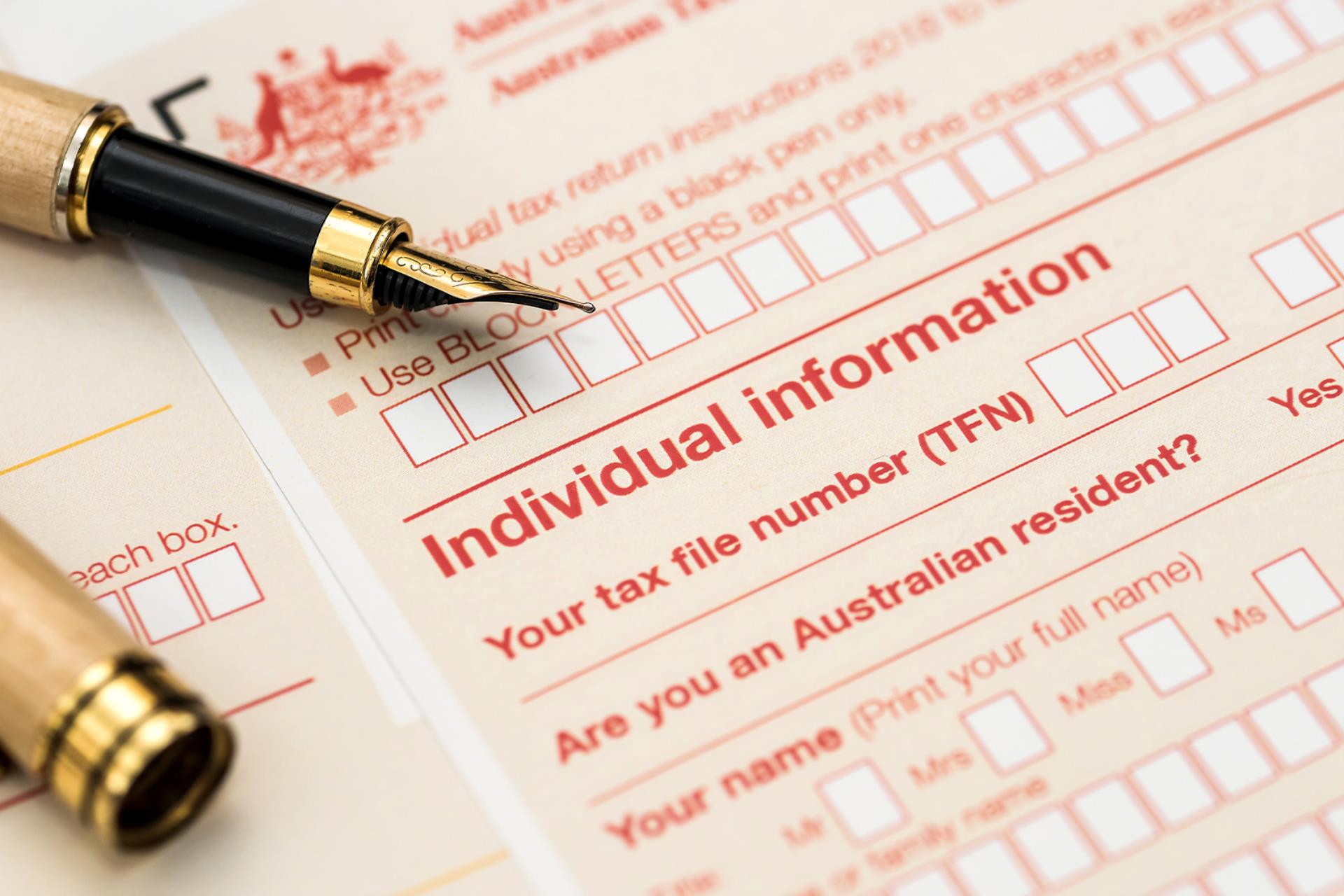
Stamp duty vs annual tax - which works out cheaper?
As of January 16, 2023, first-home buyers in New South Wales have a new option when it comes to property taxes. With the New South Wales Government's First Home Buyer Choice scheme, buyers can now opt out of paying the traditional upfront stamp duty and instead choose an annual tax. Rather than facing a large, one-time payment, buyers can spread the cost over time with an annual property tax, calculated as a fixed amount plus a percentage of the land's value.
This change is a significant shift in how property purchases are taxed and aims to make it easier for first-time buyers to enter the property market. By reducing the initial financial burden, the scheme potentially eases the path to homeownership for many. But the question then becomes: stick with the traditional stamp duty or opt for the annual tax? Each option has its own set of considerations, and understanding them is key to making the right choice for your financial future.
The Difference Between The Two
When buying property in New South Wales, you typically have two payment options to consider: the traditional stamp duty or the newer annual property tax. Both serve the purpose of generating revenue for the government, but they work in different ways.
Stamp Duty
Stamp duty is the traditional approach to property taxes in New South Wales. It involves a one-time, upfront payment made at the time of purchase. The amount you pay is calculated as a percentage of the property's purchase price, meaning the more expensive the property, the higher the stamp duty. This can be a significant financial outlay, often adding tens of thousands of dollars to the cost of buying a home. However, once paid, stamp duty is settled, and there are no additional annual taxes related to this payment.
Annual Property Tax
The annual property tax is a more recent and innovative option introduced by the New South Wales Government. Instead of a large, upfront payment, first-home buyers can choose to pay a smaller annual tax. For the 2022/23 and 2023/24 tax years, this tax is $400 per year plus 0.3% of the land's value. Unlike stamp duty, this tax is based on the land value rather than the purchase price of the property. The annual property tax spreads the cost over time, making it easier to manage, especially for those who might find the upfront cost of stamp duty costly.
How Does This Work?
Let's take a look at an example.
· Stamp Duty: Consider the median house price in Sydney, which is currently $890,000. If the land value makes up 60% of this price (which would be $534,000), the upfront stamp duty would amount to $37,380.
· Annual Tax: Now, if you decide to go with the annual property tax instead, your first-year payment would be $1,962.
But Which Option Is Better In The Long Run?
It's important to remember there are many variables that could influence this calculation, such as changes in land value or personal financial circumstances. These include:
· Property Value: The more expensive the property, the more appealing the annual tax option might be. With a higher-priced property, the upfront cost of stamp duty can be substantial, making the spread-out payments of an annual tax more manageable.
· Length of Ownership: It largely depends on how long you plan to own the property. If you live in the home for 15 years, projections suggest that opting for the annual tax scheme would still keep you ahead financially. However, from year 17 onward, the cumulative cost of the annual tax would likely surpass the upfront stamp duty payment.
· Property Appreciation: The rate at which your property appreciates in value also plays a role. Since the annual property tax is based on the land's value, rising property values could lead to higher annual payments over time.
· Financial Situation: Your current financial situation is a key consideration. If the upfront cost of stamp duty is too high, opting for the annual tax might be a more manageable way to enter the property market. On the other hand, if you can comfortably afford the stamp duty, paying it upfront might save you money in the long run.
· Local Property Market: The local property market, including property values and tax rates, can also influence your decision. Understanding local real estate and potential market trends can help guide your choice between stamp duty and the annual tax.
Am I Eligible For Annual Property Tax?
If you're considering opting for the annual property tax under the First Home Buyer Choice scheme, it's important to understand the eligibility criteria to ensure you qualify. Here's what you need to know:
· Residency: You must be a resident of New South Wales and an Australian citizen.
· Property Price: The property you purchase must be valued at up to $1.5 million.
· First Home Buyer: You must be a first-home buyer, meaning you or your partner must not have previously owned or co-owned property in Australia or overseas.
For more details on eligibility and how to apply, visit the official First Home Buyer Choice scheme website.
Final Thoughts
Choosing between stamp duty and annual property tax depends on your financial situation, how long you plan to own the property, and the local real estate market. The New South Wales Government's First Home Buyer Choice scheme offers a valuable alternative to the traditional upfront costs, making it easier for first-time buyers to enter the property market. However, it's crucial to carefully weigh the pros and cons of each option before making your decision. Consider seeking professional financial advice to help you determine the best option for your circumstances.
